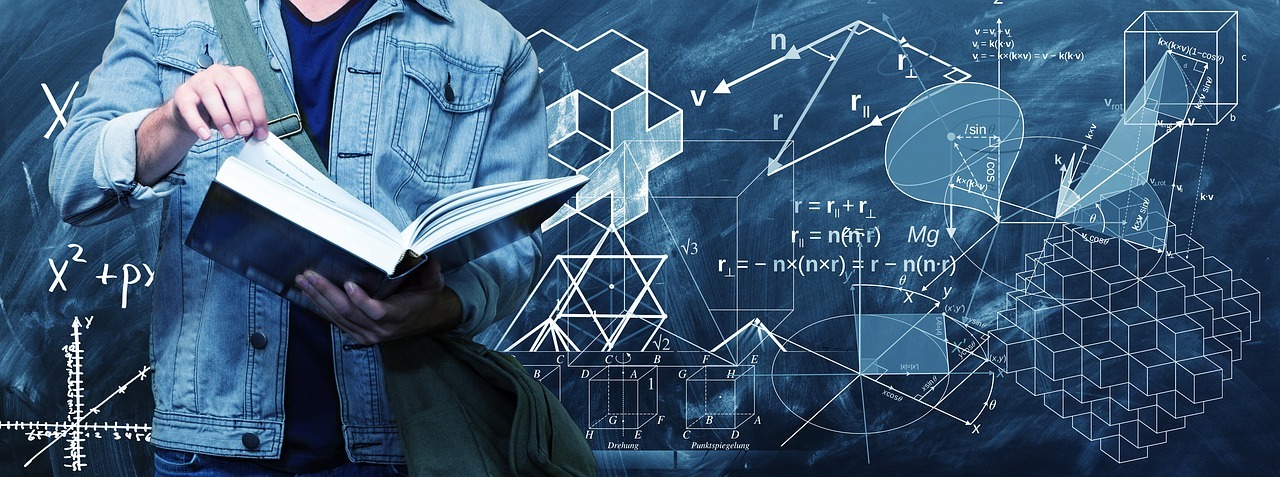What does the digital future of education look like? What role will teachers play and how can technologies help pupils learn?
These are the questions I am asking myself with a group of about 40 teachers at an Education 2030 workshop. The task was to develop an innovative learning journey that would enable learners to mix technological and social change.
As a basis, the teachers were given an overview of the opportunities and possibilities of current trends in the form of an impulse lecture. From megatrends, such as health or algorithmization, to technological developments in virtual reality, augmented reality, artificial intelligence and wearables.
In direct exchange with teachers from 26 different countries, I went in search of the potentials of trends and started the development of a Future Learning Journey with the individual groups.
The results were impressive. From virtual tutors who helped the students solve complicated problems to wearables that optimize the students‘ daily routine and make it more efficient, it was all there. Each workshop team independently developed a future-oriented journey for the student in 2030. From getting up to going to bed, always with an eye to the optimal mix of analog and digital learning experience.
The result: The teachers want to break new ground in their lessons and start with first prototypes and experiments at their schools. Always with a view to people and the sustainability of the new technologies, as they emphasized.

